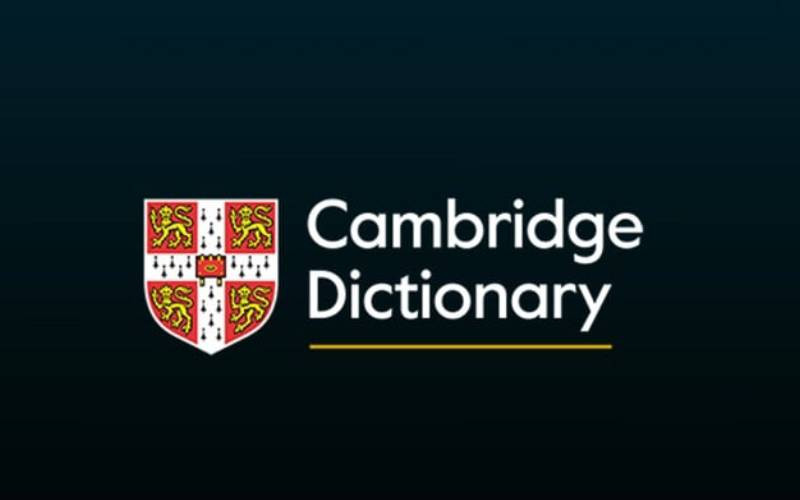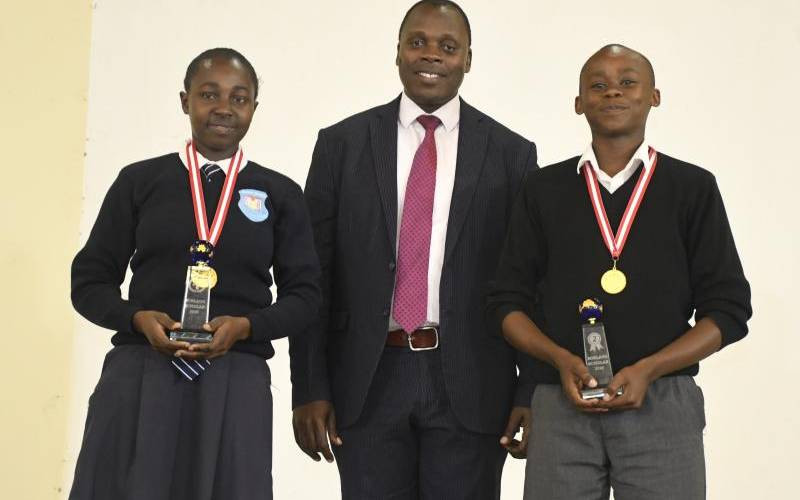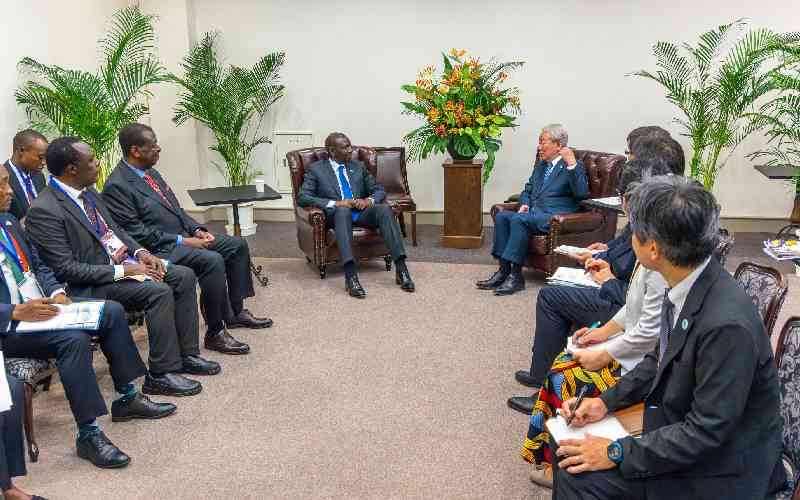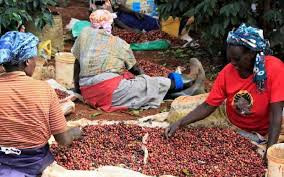
A logo of Cambridge dictionary. [Courtesy]
If you’ve been calling yourself “delulu,” flexing a new “lewk,” or joking about “skibidi,” congratulations, the Cambridge dictionary just made it official.
Cambridge has now added more than 6,000 new words and phrases to its online dictionary, many borrowed straight from social media, pop culture, and office gossip.
Topping the list is delulu, shorthand for “delusional,” defined as “believing things that are not real or true, usually because you choose to.”
The word, which has found loyal fans in Kenya, is often used when someone decides to ignore reality in favor of fantasy.
In March 2025, Australian Prime Minister Anthony Albanese used the Gen-Z phrase “delulu with no solulu” in a speech in parliament.
"Internet culture is changing the English language,” noted Cambridge Dictionary’s Lexical Programme Manager, Colin McIntosh.
Other buzzy entries include;
Lewk: A playful spin on the word “look,” meaning a particular style, fashion, or outfit, especially one that is unusual and impressive.
Skibidi: A nonsense word that can mean “cool” or “bad”, or nothing at all. It blew up after social media influencer Kim Kardashian posted a necklace engraved with “skibidi toilet.”
Work wife/work spouse: A close, non-romantic colleague you lean on like a partner, minus the wedding vows.
Technofossil: According to Cambridge, this refers to trash that lasts forever, the kind of thing future archaeologists might dig up and marvel at.
Digital decay: The slow disappearance of online information, whether through dead links or vanished platforms.
Mouse jiggler, meaning the sneaky gadget that makes your computer mouse move so the boss thinks you’re hard at work (when you’re definitely not).
Inspo: is a shortened, informal term for inspiration. It refers to something, especially something posted online, that gives someone ideas or makes them want to do something.
Stay informed. Subscribe to our newsletter
In November last year, Cambridge crowned manifest as its Word of the Year, fueled by a global wellness trend. The word means "to imagine achieving something you want, in the belief that doing so will make it more likely to happen".
But psychologists have warned that manifesting love, wealth, or power has “no scientific basis” and can leave people disillusioned.
With new entries like ‘delulu’ and ‘skibidi,’ Cambridge is keeping pace with TikTok culture, influencer slang, and the endless churn of internet inside jokes.
Because if your vocabulary isn’t a little bit delulu, are you even online?







